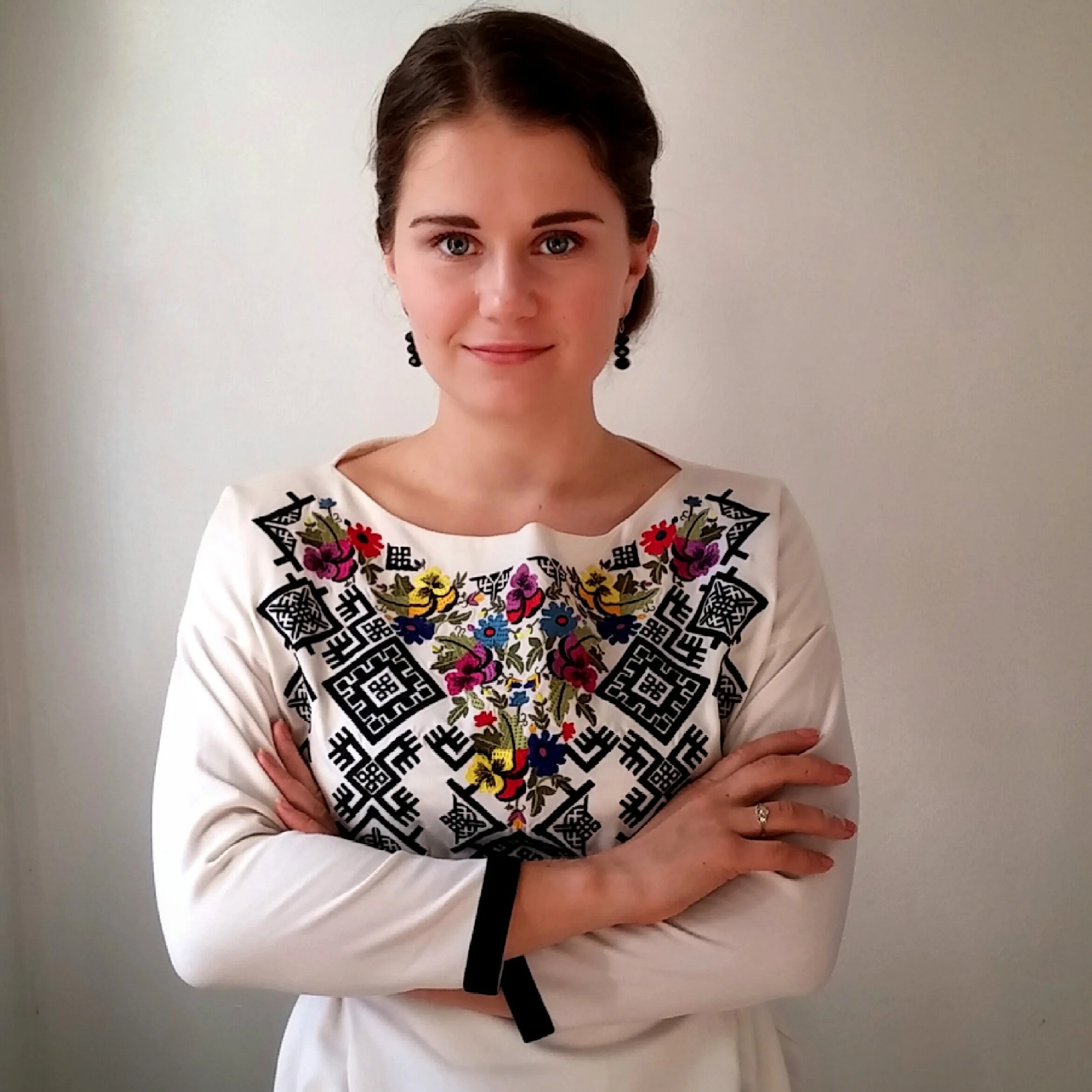Trauma and Disaster Team Response Course
(Online component available free of charge)
Overview
Rationale
Trauma is a leading cause of preventable mortality and morbidity around the world. It often affects the productive component of a population, leading to adverse impact on social structures and broader economic hardships. Moreover, the burden of trauma is disproportionately felt in developing areas and the outcomes are worse in low and middle resource environments.
As a leading institution in the field of injury, the Centre for Global Surgery at the McGill university Health Centre (CGS-MUHC) has a social responsibility to work with healthcare leadership abroad to better understand the scope of trauma and identify targeted interventions to reduce its impacts. Trauma education and training are a main component of our programs through which we aim to support local healthcare leadership worldwide in developing trauma capacity and building functional trauma system both on a local and regional level.
Trauma and disaster preparedness are essential in emergency context to address and manage trauma appropriately and reduce long term impact on healthcare system. The Trauma and Disaster Team Response© (TDTR©) course was designed by the CGS-MUHC to convey appropriate management of trauma including in disaster response contexts. The course includes a hybrid model with a combination of two components: one online -didactic lectures-, and one in-person -skills sessions, team exercises and simulations- while emphasizing on a multi-disciplinary approach in managing trauma patients.
The course is addressed to a wide range of healthcare professionals including surgeons, nurses, emergency physicians. anesthetists and other allied health professionals working in emergency department settings. The format of the course is flexible and adaptable to different circumstances and settings, the newest update offering didactic lectures online with support from trainers.
The online component of TDTR© is available on the UN platform -free of charge-, derived from our partnership with the UN Institute for Training and Research (UNITAR).
The in-person component could be coordinated with interested institutions/teams, after the successful completion of the online component. You may contact use by completing the online form below.
Course objectives
The objectives of the TDTR© course are:
To attain competency in trauma care and disaster response
To identify a trauma team
To understand the roles and responsibilities of the trauma team members in resuscitating a trauma patient
To describe the role of transfer to higher level care facilities
To understand the importance of injury surveillance and trauma registries
Course components
The TDTR© course is divided into 3 main components: lectures, skill sessions and team exercises.
Lectures:
Introduction, Airway, Breathing, Circulation, Disability and Exposure, Adjuncts and Secondary Survey, Immediate Life-threatening Injuries, Secondary Life-threatening Injuries, Extremities, Special Considerations (I) – Pediatrics and Pregnancy, Special Considerations (II) – Burns and Pain Management, Transferring the Injured Patient, Trauma Systems and Trauma Registries, Disaster Response and Triage.
Skills Sessions
Airway
Bagmask, Oro/nasopharyngeal airways, Supra-glottic airways, Intubation
Surgical airway
Chricothyroidotomy
Chest decompression
Needle decompression, Finger thoracostomy, Chest Tube
Venous Access/spine immobilization /splint
Intravenous access, Intra-Osseous, Pelvic Wrap, Basic Splinting, Tourniquet, Spinal immobilization, Logroll
Team Exercises
Team building exercise, Team based resuscitation, Single injury trauma patient, Severely injured trauma patient, Mass casualty incident.
“Since 2012, the GSC team has played a key role in advancement of trauma care delivery in Ukraine by conducting the Trauma and Disaster Team Response (TDTR) course at major trauma centers in Ukraine, as well as in Montreal to visiting Ukrainian collaborators. In 2018, I joined the McGill Global Surgery Center (GSC) team to work on the Ukrainian Trauma Registry in collaboration with the Kyiv Hospital, and to analyze its trauma registry data. The latter led to the identification of key information to improve their health system, and I am happy to continue providing our expertise, guidance, and training materials to support the Kyiv Hospital in my country of origin through the CGS.”
Darya Naumova
TDTR© In-person component can be provided by the CGS in coordination with your institution
Fill-in the form below and we will contact you with further details

